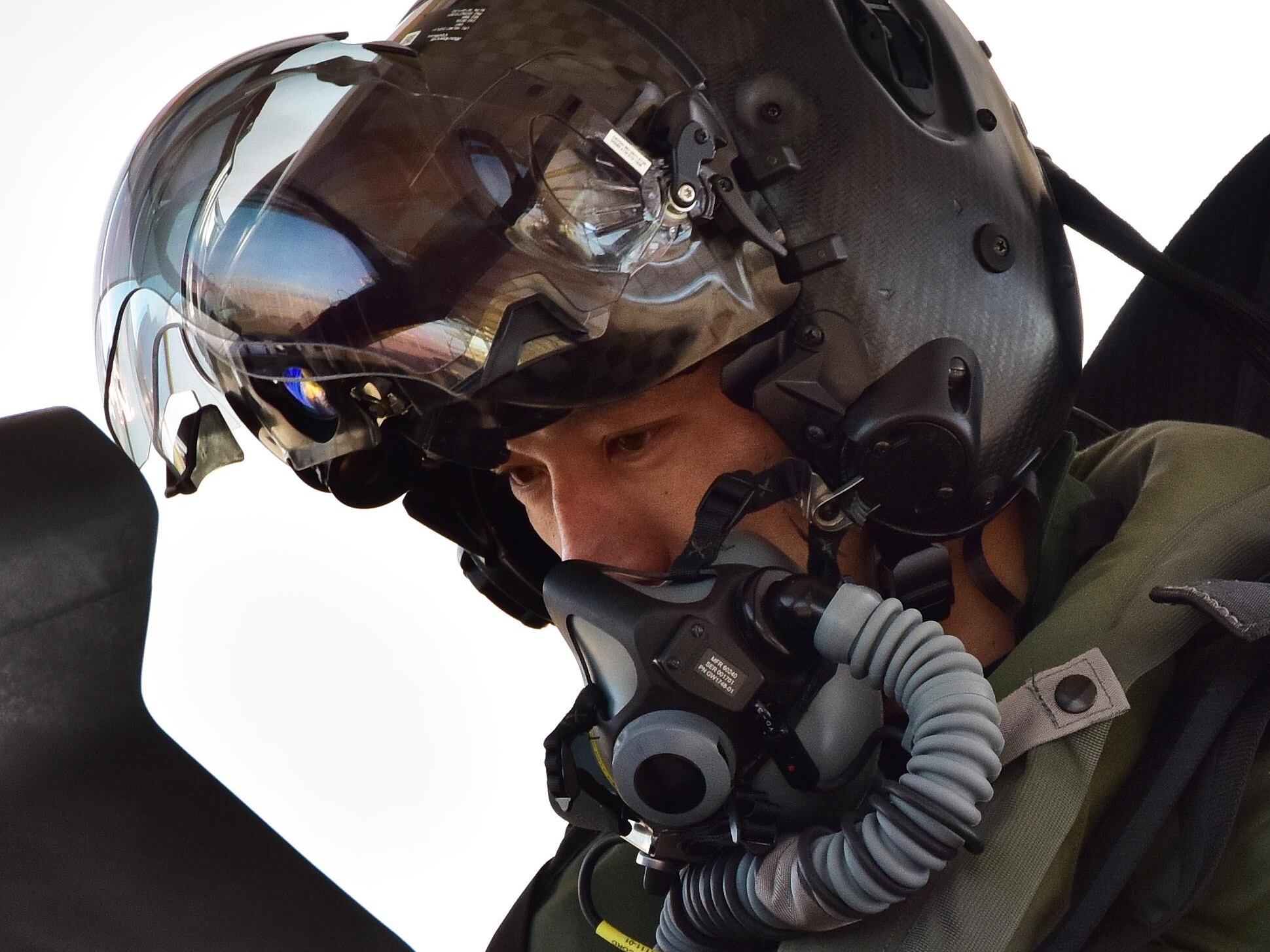MELBOURNE, Australia — Japan has tried to draw the line under its dispute with South Korea over allegations one of the latter’s Navy ship directed its fire control radar against a Japanese patrol aircraft, but the regional allies of the U.S. have almost immediately become embroiled in a fresh controversy, with South Korea accusing another Japanese aircraft at making a “threatening” low-altitude pass over its ships.
According to the South Korean Ministry of National Defense, a Japanese patrol aircraft at an altitude of 200-230 feet flew within 1,800 feet of a South Korean naval vessel on the afternoon of Jan. 23 off Ieodo (Socotra Rocks) in the Yellow Sea, which lies some 100 miles southeast of the South Korean island of Jeju.
South Korea called the alleged action “an apparent provocation” and said Japanese aircraft conducted similar maneuvers near South Korean naval vessels on Jan. 18 and Jan. 22, warning that the South Korean military will react against future incidents in accordance with its protocols, although it did not specify what these were.

Japanese Defense Minister Takeshi Iwaya has denied the accusation, telling local media that its aircraft flew at no less than an altitude of 500 feet and conducted operations appropriately. However, South Korea released photos of the Japanese maritime patrol aircraft, a P-3 Orion, and of what is purportedly the radar display onboard the South Korean ship showing the date of time of the engagement and tracking a target flying at 200 feet.
This latest incident comes after Japan released audio of what it identifies as emissions from the South Korean fire control radar onboard the frigate ROKS Gwanggaeto the Great, detected by the Kawasaki P-1 maritime patrol aircraft’s onboard systems during the initial incident on Dec. 20. This incident occurred in waters claimed by Japan as its exclusive economic zone off the Noto Peninsula and roughly 63 miles northeast of Liancourt Rocks, whose ownership is disputed by both countries.
Japan has also attempted to end the dispute with the release of the audio by reiterating that while it strongly protested the South Korean action, “given that the ROK side refuses to conduct an objective and neutral determination of facts, it is unlikely that the truth will ever be made clear even if working-level meetings were to continue, the MOD deems that it has become difficult to continue to hold consultations with the ROK side regarding this matter.” South Korea’s official name is the Republic of Korea, ROK.
South Korea denies the accusation and says the frigate only used its search radar during the incident, instead accusing the Japanese aircraft of making dangerous, repeated passes over the South Korean Navy and Coast Guard ships during rescue operations for North Korean fishermen in distress.
In response, the Japanese Ministry of Defense has released a video of the incident taken from the P-1, followed subsequently by the audio clip. Bilateral talks between military officials from both countries have failed to resolve the matter.
RELATED

Michael Bosack, special adviser for government relations at the Yokosuka Council for Asia-Pacific Studies, formerly worked on alliance management and trilateral coordination while he was the former deputy chief of government relations at the headquarters of U.S. forces in Japan. He told Defense News that a clean resolution over the latest issues between the two U.S. allies is highly unlikely given there is no easy way to break the impasse.
He added that with both sides holding onto their respective positions, one of the ways to break the current impasse is for alliance managers in the U.S. State Department or Pentagon to try and shape a new narrative, possibly through initiatives like the Defense Trilateral Talks and/or Trilateral J-5 Strategy Talks involving both Japan and South Korea.
He said this doesn’t appear to have happened, suggesting there is a possibility American alliance managers did not want to get involved or risk the perception that the U.S. is taking sides. However, with tensions continuing to simmer, Bosack feels that “South Korea and Japan are on a dangerous road right now, and it is time for the U.S. to provide an off-ramp.”
Mike Yeo is the Asia correspondent for Defense News.








